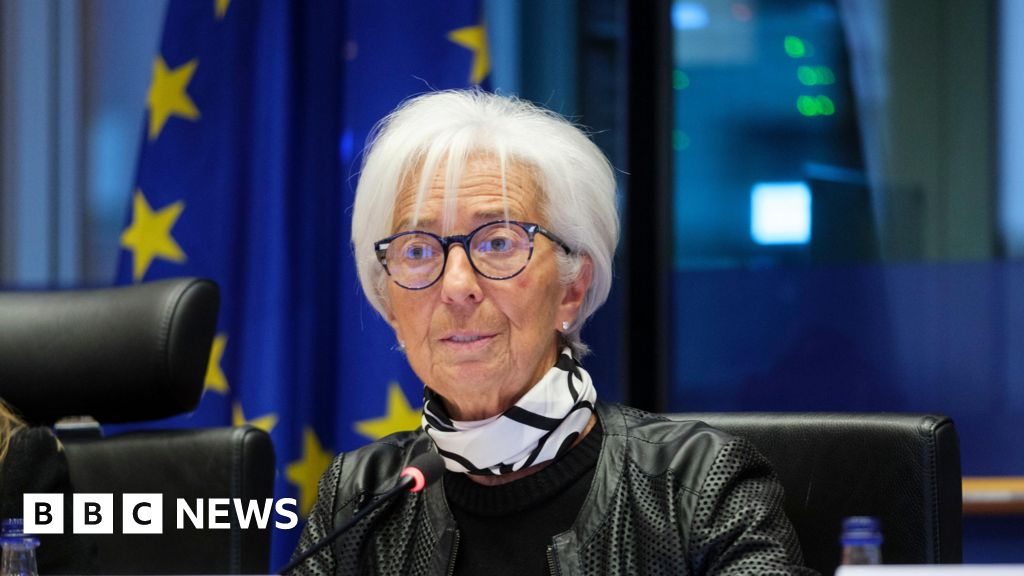Travel
Leisure Travel Market Valued at $1.2 Trillion in 2023, Projected to Surge to $6.2 Trillion by 2033: Growth Driven by Experiential Travel Trends – Travel And Tour World

Tuesday, December 10, 2024
The global leisure travel market has experienced an explosive rise over the past few years, and according to recent findings from Allied Market Research, the market size, valued at $1.2 trillion in 2023, is expected to reach an impressive $6.2 trillion by 2033. This dramatic growth, fueled by a compound annual growth rate (CAGR) of 18.3%, is set to redefine the tourism industry and reshape the global economy.
The driving force behind this remarkable expansion is the changing dynamics of how people approach travel. With the advent of digitalization, informatization, and the increasing globalization of travel experiences, the leisure travel sector has become one of the most prominent sectors within the global economy. Tourism has not only contributed to the economy but has also profoundly impacted societies and cultures worldwide.
A Shift Towards Experiential Travel
A major trend dominating the leisure travel market is experiential travel. This shift sees travelers desiring more meaningful and personalized experiences rather than the traditional sightseeing tours. The increasing demand for unique and immersive travel experiences has become a key feature of the leisure travel market. Tourists are now keen on engaging deeply with local cultures and environments. This growing preference for experiences over material items has resulted in new travel offerings that allow travelers to immerse themselves in local traditions.
Airbnb has capitalized on this trend with its “Airbnb Experiences,” where guests can engage in activities designed and led by locals, such as cooking classes, guided cultural tours, and hands-on workshops. G Adventures has similarly adopted this trend by emphasizing small group travel and community-based tourism. These companies not only focus on creating a more authentic experience for travelers but also ensure that their offerings align with sustainable tourism practices.
Adventure Travel’s Rapid Growth
Another trend influencing the market is the rapid rise of adventure travel, where individuals seek excitement through outdoor activities and extreme sports. Whether it’s hiking in the Swiss Alps, cycling through the streets of Amsterdam, or skydiving in New Zealand, adventure tourism is growing across all continents. Companies such as REI Adventures and National Geographic Expeditions have specialized in catering to the needs of adventure travelers by providing expert guides, safe expeditions, and an emphasis on exploring remote destinations.
For these adventure travel companies, safety and sustainability are a top priority, with many offering eco-friendly tours that help preserve the destinations being visited. The rising interest in extreme sports, eco-tourism, and outdoor adventures is expected to continue driving the leisure travel market for the foreseeable future.
Digitalization and Smart Technologies Impacting the Market
Digital technologies have also significantly impacted the leisure travel market, transforming how travelers plan and engage with their experiences. The advent of the Internet of Things (IoT), big data, and artificial intelligence (AI) is revolutionizing the industry. These technologies are enhancing the personalization of travel experiences, helping tourism providers create tailored packages and services based on real-time data.
Smart hotels are another technological innovation transforming the sector. Hotels that use IoT-enabled devices to enhance guest experiences, such as self-check-in systems, room automation, and personalized concierge services, are increasingly popular. The integration of robotics in the hospitality industry is also on the rise, with robots now used for various tasks such as room service delivery, cleaning, and concierge duties. The use of AI for hotel bookings and virtual reality (VR) technology for virtual tours is also expected to redefine the market in the coming years.
The Impact of Global Trends on Leisure Travel
One of the key drivers for leisure travel growth is the increasing adoption of “bleisure” travel, which is a combination of business and leisure travel. This hybrid approach allows travelers to extend their work trips for a leisure vacation, creating an opportunity for the tourism industry to cater to both professional and recreational needs. As work-life balance becomes a growing priority for professionals, bleisure travel is expected to further boost the demand for leisure travel services.
Moreover, the rise of mobile travel apps and online booking platforms has made it easier than ever for travelers to plan their vacations. Online travel agencies (OTAs) such as Expedia, Priceline, and Booking.com play a pivotal role in the leisure travel market, simplifying the process of booking transportation, accommodation, and experiences. With mobile phones now serving as a one-stop solution for all travel needs, OTAs continue to dominate the travel landscape.
Regional and Global Market Insights
From a regional perspective, the Asia-Pacific region accounted for the largest share of the leisure travel market in 2023 and is expected to continue its dominance throughout the forecast period. The region is projected to grow at a CAGR of 24.1%, driven by increasing disposable income, a rising middle class, and the expanding interest in international travel. Countries like China, Japan, India, and Australia are at the forefront of this growth.
In contrast, North America, particularly the United States, remains a significant player in the global market. The U.S. alone is expected to reach $374.5 billion by 2031, growing at a CAGR of 8.7% during the forecast period. While Europe has seen a slight decline in outbound tourism due to economic challenges, the region remains a critical hub for leisure tourism, particularly in popular destinations such as Spain, France, and Italy.
Challenges and Future Opportunities
Despite the rapid growth of the leisure travel sector, challenges such as geopolitical instability, high travel costs, and the lingering effects of the COVID-19 pandemic continue to impact the market. The uncertainty of a post-pandemic world and the fluctuating exchange rates, particularly in the UK, have affected outbound tourism trends. For instance, a no-deal Brexit could significantly reduce outbound travel from the UK, impacting countries like Spain and Italy that rely heavily on British tourists.
Nevertheless, opportunities abound in the growing demand for luxury travel, wellness tourism, and eco-tourism. The increasing interest in sustainable tourism practices and the desire for unique, luxury experiences are expected to create profitable opportunities for travel providers in the coming years. As consumers prioritize experiences that offer both relaxation and personal growth, these trends are likely to shape the future of the global leisure travel market.
Conclusion
The global leisure travel market is on a remarkable growth trajectory, with a projected valuation of $6.2 trillion by 2033. Driven by technological advancements, the rise of experiential and adventure travel, and shifting consumer preferences, the market offers ample opportunities for stakeholders to innovate and adapt to the evolving landscape. As travel trends continue to diversify, embracing sustainability, personalization, and digital innovation will be key to maintaining long-term growth and profitability in the leisure travel industry.
Tags: Adventure Travel, asia-pacific, Asia-Pacific tourism, Australia, china, Digital Travel Technologies, Europe, Europe Tourism, global leisure travel market, India, japan, leisure travel, luxury travel, north america, north america tourism, sustainable tourism, Tourism, Tourism news, Tourism Trends, Travel, Travel Growth, Travel News, Travel Technologies, UK, UK Tourism, wellness tourism











